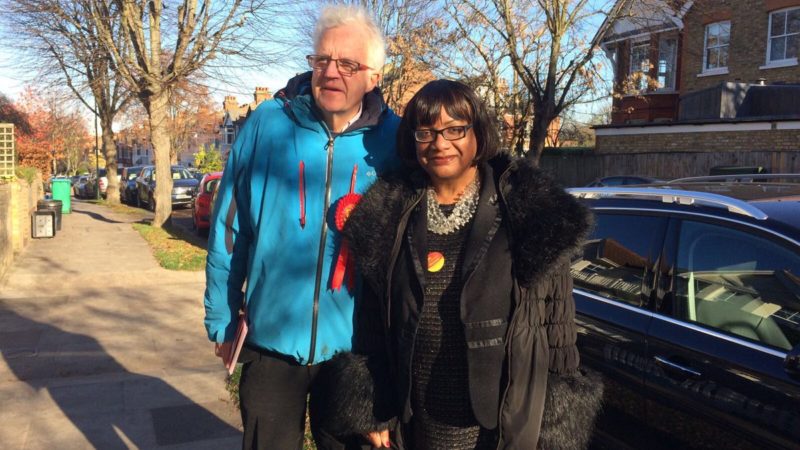

Today there is fresh concern that Labour faces a damaging squeeze on one side from UKIP, in Labour’s heartlands, and on the other from the Lib Dems who claim to be the party for those who voted to remain.
Labour slipped from second to fourth place in the Sleaford and North Hykeham, a week after losing its deposit in Richmond Park, despite the strong local efforts of both our candidates. In each seat the Lib Dems improved their performance.
However, if Labour looks to the future, rather than overreacting to every political event, we can show we are the only party with the values and policies to represent those who would otherwise be swayed by the short-term populism of the Lib Dems and UKIP. A week is a long time in politics, especially now, and political allegiances are now more fluid than at any point since the general election in 1945.
The next general election is due to take place in 2020 by which time it is likely that Britain will have left the EU. Among the central issues at the national vote will be the terms upon which we have left the EU and which party is best able to address the concerns of traditional Labour voters.
Only the Labour Party has the values which can provide the answer to the fears of those concerned about a hard Brexit and also those bearing the brunt of the Tories’ austerity agenda. Only Labour believes that aiming to achieve a more equal society and the provision of public services should be a role of the state, not left to the market. Only Labour believes that growth policy should be driven by the need for a thriving economy, delivering benefits throughout the country, rather than having a policy on immigration that determines the economics.
These values allow Labour to argue for a sensible Brexit – firstly, the best possible access to the single market to meet the needs of the economy and, secondly a level of freedom of movement required to meet the needs of Britain’s economy, including the regions.
Labour could have an immigration policy for life after the EU whereby the level of migration could remain the same, increase or decrease without any need for arbitrary targets. Information is already available, from organisations such as think tank CLASS and the IFS, on how immigration benefits the economy. This should be utilised by Labour to explain why concerns people have about jobs and public services are due to Tory and Lib Dem austerity policies, not the EU or immigration.
By 2020 the next election could be a choice between a focused and listening Labour party and a right-wing and fractious Tory party. Labour party values could, and should be seen as representing the national interest.
To achieve this result the Labour Party will need to start campaigning now on core socialist democratic principles including: implementation of the Brexit referendum result on terms which best protect Britain’s economy, employment rights and environmental safeguards; public spending and investment to revive the economy and reverse damaging Tory and Lib Dem cuts; and an acknowledgement of voters’ anxieties about jobs and services, with an explanation of how these concerns can be addressed.
At a time when the country is more divided than it has been for decades, the values upon which the Labour party was formed and has campaigned on – in and out of government – are as relevant as they have ever been.




More from LabourList
‘As metro mayors gain power, Labour must tighten political accountability’
Letters to the Editor – week ending 22 February 2026
‘The coastal towns where young people have been left behind by Whitehall’